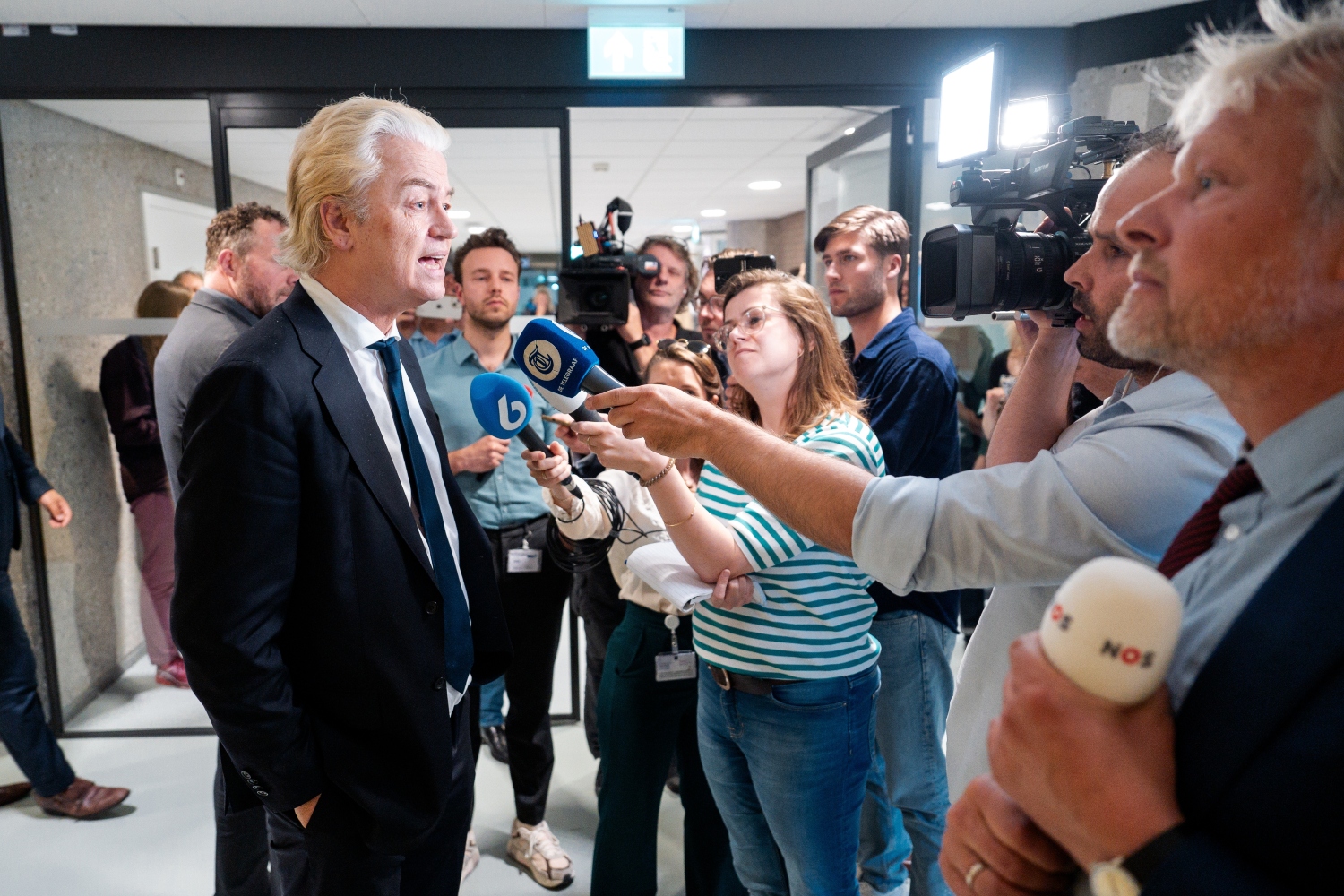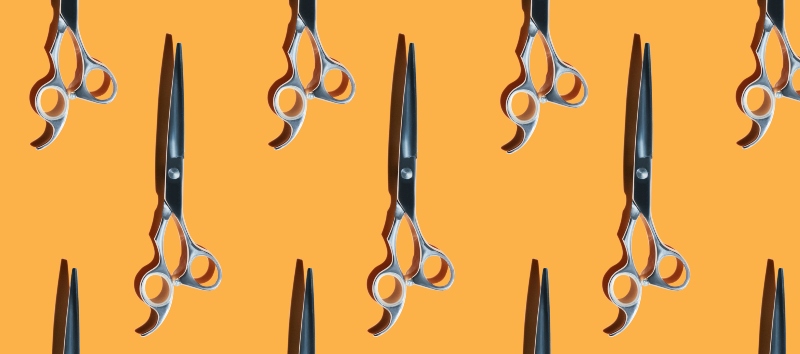Tuesday Geert Wilders (PVV) pulled the plug on the cabinet. The government is now in caretaker mode and new elections are on the way. Is this good news for higher education and scientific research?
After a series of political crises and night-time negotiations, it has finally happened: within a year, the cabinet has fallen. Sometime in the autumn, the Netherlands will go to the polls again. The universities hope that politicians will once again allocate extra money for education and research: according to the umbrella organization UNL, the consequences of the cuts are already visible: ‘Redundancies, disappeared courses and stalled research. It is of great importance that politicians reverse this destructive cabinet policy before it is too late,’ it said in a statement.
The student union LSVb echoes this sentiment. It hopes that the fall of the cabinet ‘will mean the end of the terrible cuts, and that the next cabinet will invest in education, increase the basic student grant, and provide enough affordable student housing.’
Bruins stays on for a while
One thing will not change in the coming months: the cabinet itself. It will continue to govern in a caretaker capacity. The PVV ministers are stepping down, but Eppo Bruins remains Minister of Education on behalf of NSC and will probably remain in office until a successor takes over. That could easily take a year. The previous cabinet (with Education Minister Robbert Dijkgraaf) continued to govern for 361 days before Prime Minister Dick Schoof’s team took office. The cabinet before that (Rutte III with Education Minister Ingrid van Engelshoven) was caretaker for 360 days.
Austerity measures
Furthermore, the austerity measures on education and research have not immediately disappeared. After all, they have already been accepted by the Senate. The CDA, ChristenUnie, SGP, and JA21 had reached an agreement with the coalition to this effect. Only in September, when the new national budget is presented, could this change, but a caretaker cabinet rarely or never changes course. Certainly not in the field of education and research. If additional funds are allocated, this will happen in 2027 at the earliest, under the responsibility of a new minister.
Election promises
Meanwhile, the campaigns are in full swing, but what will be at stake in the elections? Parties such as D66, GroenLinks-PvdA, and Volt would like to spend more money on education and research; this is one of their priorities. Other parties are less convinced that extra money should be allocated to these areas. It will be difficult to gauge what these parties really want in the coming months. An election promise such as ‘we will invest extra in education and research’ is relatively inexpensive: it may not even fill the gap left by the current government.
Next cabinet
And who will form the next coalition? The PVV will probably end up in the opposition benches, and in the polls, the NSC is crumbling from twenty seats now to about two seats soon. The BBB is going from seven to about three. The VVD is gaining ground (from 25 to about 30 seats), and GroenLinks-PvdA, CDA, and D66 are also rising in the polls. Suppose these parties end up in a coalition cabinet, then it is highly questionable what the outcome will be in the field of education and research. The CDA wanted to cut spending on education and research just as much as the current cabinet is doing, while D66 and GroenLinks-PvdA want to invest.
The compromise could be: extra investments, but mainly in economically useful courses or, for example, in research for the Ministry of Defense. You can already see the political battle coming, because the humanities in particular will suffer.
Students
The student movement has recently emerged as an important player in politics. During this cabinet term, they prevented the introduction of fines for students who take too long to graduate, and previously they fought hard for the return of the basic student grant. The National Student Union is already warming up. It wants the basic grant to be increased and for there to be enough affordable student housing. These are election promises that parties are easily tempted to make.
Internationalization
And what about the influx of foreign students and researchers? Now that the PVV is primarily focused on the ‘asylum problem’ and NSC has been marginalized, it seems unlikely that the arrival of foreign students will once again become an important topic in the elections. In addition, there is a bill ready to bring internationalization into ‘balance’. Now that the cabinet has fallen, the House of Representatives can declare certain bills controversial, i.e., postpone them until after the elections or until a new cabinet is in place. But the Internationalization in Balance bill is unlikely to be shelved.
The most controversial part of it has just been scrapped. The cabinet actually wanted to subject all English-language bachelor’s programs to a test: does this really have to be in English, or would it be better in Dutch? This announced language test created uncertainty among universities and colleges, and last week the House of Representatives voted by a large majority to scrap this language test. Other parts of the bill can count on strong support. For example, institutions will have more opportunities to control the influx of international students into their programs. They have been asking for this for years.
In short
In the short term, little will change: the cuts will continue, and most of the legislative proposals will probably go ahead as well. Moreover, the minister will remain in office. The elections are an opportunity to reverse the cuts, but it is by no means certain that this will happen. Conversely, it seems unlikely that there will be even deeper cuts in education and research.
Translated using DeepL.

 Geert Wilders. Photo Shutterstock
Geert Wilders. Photo Shutterstock 
![[Seriously?] Research jobs to fall by a quarter due to more personal research](https://www.resource-online.nl/app/uploads/2025/07/WEB_DeNeus.png)
